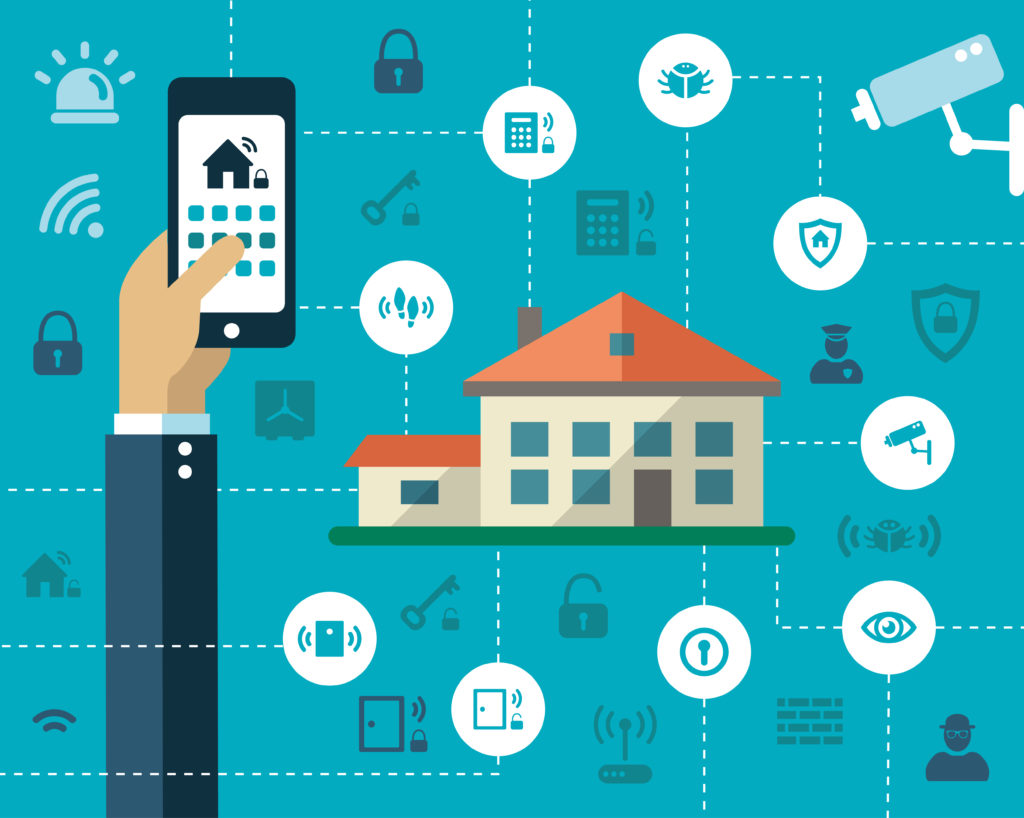
Unlocking the Power of Smart Home Devices: How Data Shapes Sales Strategies and Benefits Consumers
The proliferation of smart home devices has transformed the way we live, offering convenience, security, and efficiency. However, the impact of these devices goes beyond just enhancing our daily routines. Smart home devices collect valuable data on user behavior, preferences, and usage patterns, which can significantly influence the strategies of device manufacturers and designers. In this blog post, we’ll explore how the purchase date, price, and supplier information gathered from these devices inform sales teams and discuss the ways this data can benefit both manufacturers and end customers.
Benefits to Sales Team:
- Purchase Date: Knowing when a smart home device was purchased provides sales teams with insights into the device’s lifecycle. This information helps them identify potential upgrade opportunities or determine when customers might be interested in new products or accessories.
- Price: The price at which a device was purchased can indicate the customer’s budget and willingness to invest in smart technology. Sales teams can use this data to tailor their recommendations, such as suggesting complementary products or offering special promotions to high-value customers.
- Supplier: Understanding the supplier or retailer where a device was purchased allows sales teams to establish partnerships and collaborations. This information can lead to cross-promotions and exclusive deals that benefit both the manufacturer and the supplier.
- Price Tiers: By analyzing data on user preferences the sales teams can better create price models to target power users and low usage customers. Providing multiple pricing options for future products and/or services.
- Predictive Maintenance: Manufacturers can use data from smart devices to predict when maintenance or replacements may be necessary, enabling them to proactively reach out to customers with offers and services.
Benefits for End Customers
- Personalized Recommendations: Customers benefit from tailored product recommendations and insights that improve their smart home experience. For example, they might receive suggestions on optimizing energy usage to reduce bills or enhancing home security.
- Enhanced Product Longevity: Smart devices with predictive maintenance capabilities can potentially extend the lifespan of products, saving customers money in the long run by reducing the need for frequent replacements.
- Cost Savings: Exclusive promotions and discounts based on purchase history and preferences can lead to cost savings for customers when buying new devices or accessories.
Smart home devices are not just tools for convenience and automation; they are data-driven devices that inform sales teams and manufacturers about user behavior and preferences. By utilizing this data, sales teams can offer personalized recommendations, enhance customer support, and create mutually beneficial partnerships with suppliers. Ultimately, this benefits end customers by providing a more tailored and cost-effective smart home experience, making the integration of these devices into our daily lives even more appealing.